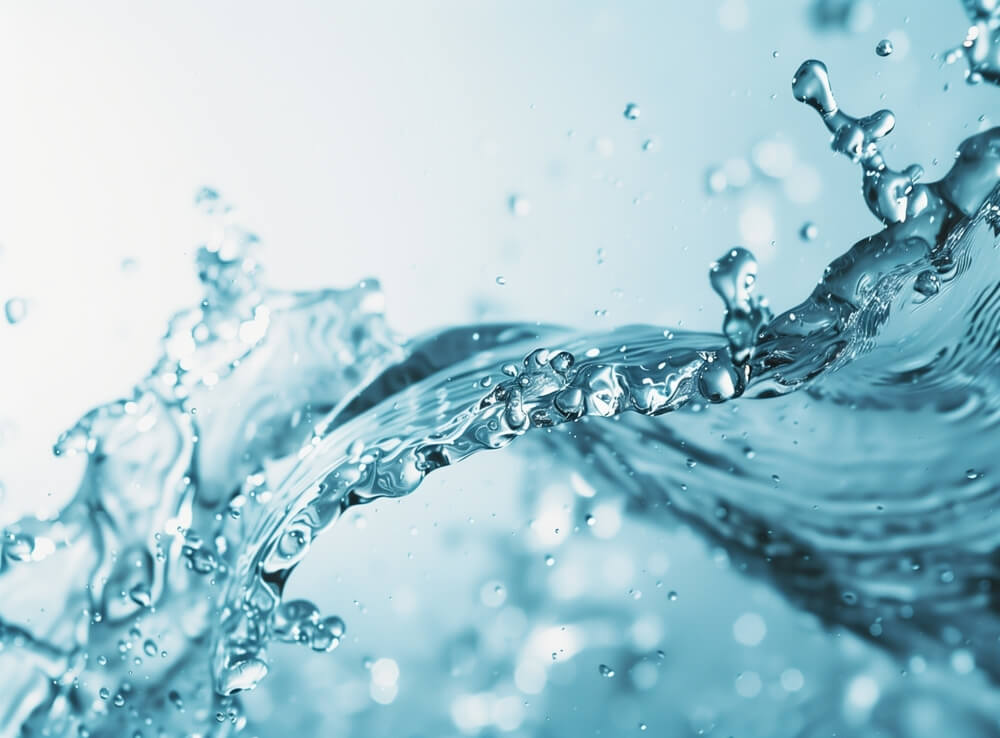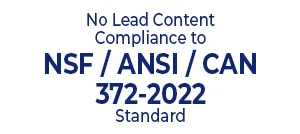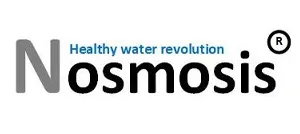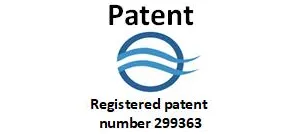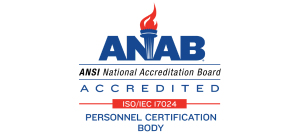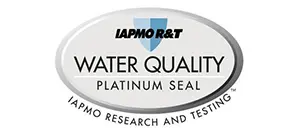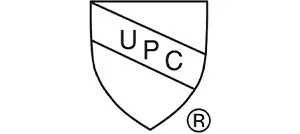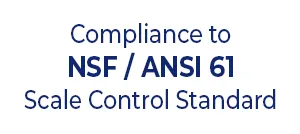Is alkaline water really good for you? You’ve probably seen the bottles, the machines, the buzz on social media. Promises of better hydration, detoxification, anti-aging even cancer prevention. But how much of it is science and how much is just clever marketing?
At TipaTech, we believe water health should be based on facts, not fads. This article breaks down the claims, the chemistry, and the consequences so you can make an informed choice for yourself and your family.
What Is Alkaline Water, Really?
Alkaline water refers to water with a pH between 7 and 10 typically between 8 and 10. The idea is simple: if acidic substances (low pH) can harm the body, then maybe alkaline water (high pH) can help it. But science tells a more nuanced story.
pH Basics
- The pH scale ranges from 0 (acidic) to 14 (alkaline).
- Tap water usually falls around pH 7.0–7.5.
- Alkaline water can be naturally occurring (e.g., spring water rich in minerals) or artificially altered using ionizer machines that split water molecules with electricity.
What the Science Says (and Doesn’t Say)
Alkaline water has been linked to several potential health benefits, but evidence is far from conclusive.
Claims You’ve Heard:
- Better Hydration– Some studies suggest alkaline water may hydrate faster after intense exercise. But the effects are minimal and mostly relevant to elite athletes.
- Acid Neutralization– The idea is that it helps balance your body’s pH. In reality, your body regulates pH very tightly via the lungs and kidneys not through what you drink.
- Anti-aging and Antioxidant Effects– Linked to “negative ORP” (Oxidation Reduction Potential).
What the Experts Say:
- The World Health Organization (WHO) and U.S. EPA do not recommend regular consumption of water with a pH between 9.5 and 14for health.
- Long-term consumption of artificially alkalized water (via electrolysis) may pose risks such as low mineral content or metal leaching from plates.
The Real Risks: Why Not All Alkaline Water Is Safe
1. Electrolysis-Based Ionizers
Many popular alkaline water machines use electrolysis to separate water into alkaline and acidic streams. These devices:
- Require titanium or platinum plates, which degrade over time.
- May introduce trace metals into your water.
- Offer inconsistent pH and ORP values depending on the source water.
2. Over-Alkalization
Water with a pH above 10 may:
- Taste bitter or soapy
- Interfere with digestion
- Cause skin or eye irritation
- Reduce disinfectant effectiveness in water
Naturally Alkaline Water: Not the Villain
It’s important to distinguish between naturally alkaline water, which contains dissolved minerals like calcium and magnesium, and artificially alkalized water.
Mineral-rich spring water with a pH of 6.5–9.5 can be part of a healthy hydration routine, especially if:
- It preserves essential electrolytes
- It’s NSF-certified/IAPMO for safety
- It doesn’t rely on electricity or chemicals to change its pH
The TipaTech Approach: Clean, Balanced, Mineral-Rich
At TipaTech, we don’t chase trends we build on science.
Our LotusDY filtration system delivers water with a balanced pH (6.5–9.5) and a stable negative ORP, without electricity or harmful metals. It mimics nature not machines.
Why It Works:
- IAPMO-Certified Materials
- Magnesium-Enriched Filtration
- Naturally Generated Negative ORP
- No Electricity, No Chemicals, No Gimmicks
- Simple, Affordable Maintenance
This isn’t magic water. It’s clean, tested, real hydration.
Alkaline Water vs. TipaTech Filtration
| Feature | Alkaline Ionizers | TipaTech Systems |
| Method | Electrical ionization | Mineral-based natural process |
| Risk of Metal Leaching | High (titanium/platinum) | None |
| NSF/IAPMO Certification | Often missing | Fully certified |
| Maintains Essential Minerals | Often removes minerals | Magnesium-enriched |
| ORP Stability | Inconsistent | Stable negative ORP |
| Eco-friendly | Requires power | Energy-free |
Final Verdict: Is Alkaline Water Worth Drinking?
You must drink water worth living but to live a healthier life, choose wisely.
Recommended:
- Clean water that meets NSF/IAPMO International Safety Standards
- Balanced pH that doesn’t harm your health or plumbing
- Natural antioxidant effect that doesn’t require electricity
- Essential minerals especially magnesium that support hydration
That’s what TipaTech delivers.
Frequently Asked Questions (FAQ)
Q: Does alkaline water help treat acid reflux?
A: According to studies we have reviewed, water with a pH above 9.5 inactivates pepsin.
Q: Is alkaline water safe for children or pregnant women?
A: Naturally alkaline water is generally safe. Avoid electrolyzed water for sensitive populations unless medically advised.
Q: Which is better: alkaline water or filtered water?
A: Filtered water that meets EPA/WHO standards and maintains mineral balance is the safer and more reliable choice.
Sources & Further Reading
- World Health Organization: Guidelines for Drinking-water Quality
- S. EPA: pH & Water Health
- Harvard Health: The Truth About Alkaline Water
- PubMed: Antioxidant Effects of Hydrogen-Rich Water
- Healthline: Alkaline Water Benefits & Risks
- The Berkey: Alkaline Water – Science or Myth?
Want to experience naturally balanced, antioxidant-rich water backed by science?
Explore the TipaTech system or speak to our specialists to learn more.
